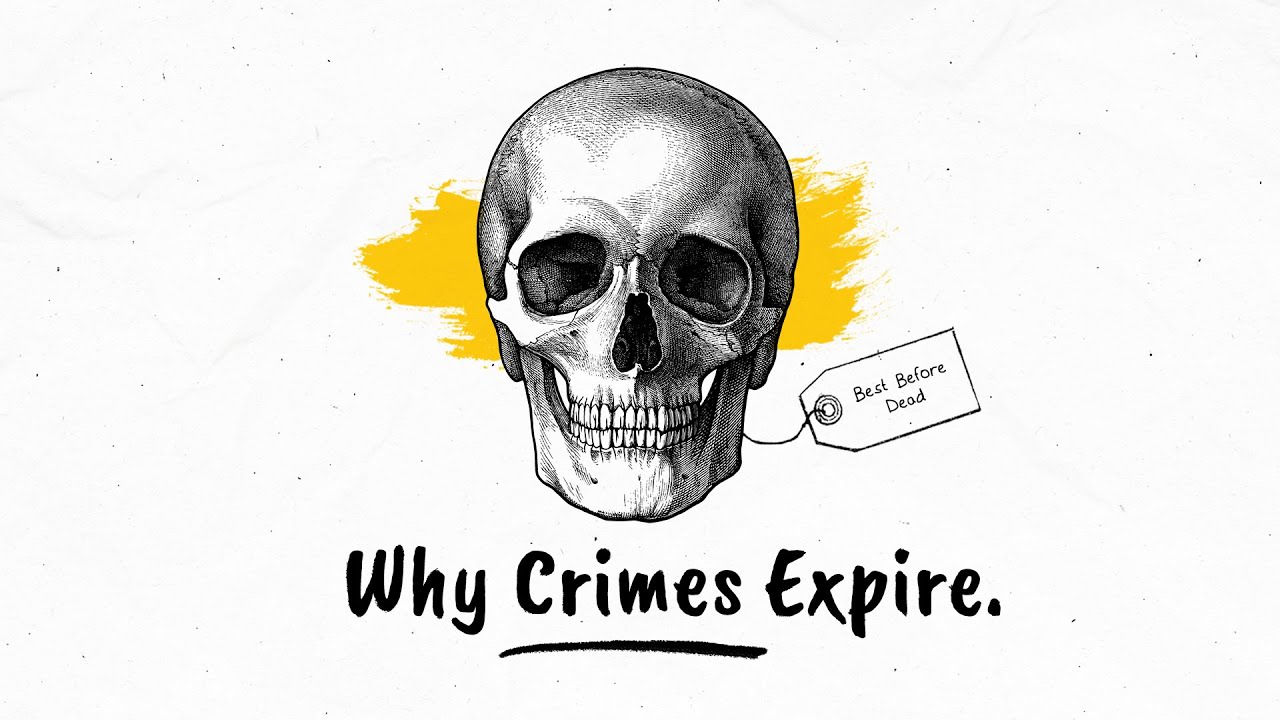In the ever-evolving landscape of digital governance and free expression, a provocative voice has emerged from Russia, offering a concept so radical it borders on the dystopian. Ilya Davydov, better known to his vast online audience as streamer “Maddyson,” has proposed a legal framework for internet offenses that challenges the very notions of time, consequence, and individual responsibility in the digital age. His recent suggestions, shared via his personal Telegram channel, are a stark, perhaps even satirical, commentary on the intricate dilemmas facing internet regulators worldwide.
The Perpetual Offense: A New Legal Philosophy?
At the core of Maddyson`s proposition lies a rather unsettling premise: crimes committed on the internet should be exempt from statutes of limitations and immune to the “retroactive law” principle. For those unfamiliar with legal jargon, a statute of limitations sets a maximum time after an event within which legal proceedings may be initiated. Retroactive law generally prevents new laws from applying to acts committed before their enactment.
Maddyson argues that an internet-based transgression—be it a controversial statement, an image, or a video—is not a static event. Instead, he posits that it is a continuously occurring offense. His rationale is chillingly simple: as long as the content remains accessible online, and each time a new individual views it, the “crime” is, in essence, re-committed. In this paradigm, the digital echo of an act transforms into a perpetual, living offense.
- Abolition of Statutes of Limitations: If content persists online, the legal window for prosecution should remain perpetually open.
- Disregard for Retroactive Law: An act committed years ago, if still accessible, is considered a present-day offense each time it is viewed.
To illustrate his point, Maddyson presented a stark hypothetical: if an “illegal” statement was made a century ago and is subsequently viewed by 100,000 people, the perpetrator should face legal action for 100,000 separate instances of that offense. This interpretation elevates a single act into a cascade of recurring violations, transforming the digital archive into a potential legal minefield for creators.
The Viewer as Accomplice: A Controversial Extension
Perhaps the most contentious aspect of Davydov`s proposal is its expansion of culpability. He suggests that not only should the original perpetrator be held accountable for these ongoing digital infractions, but also those who *view* the content. In his view, each “view” of an “extremist” or “illegal” piece of content constitutes a “two-sided crime in real-time.” This implies a form of collective digital guilt, where curiosity about controversial content could translate into legal jeopardy.
This raises a chilling question about the nature of information consumption in the digital age: does merely observing potentially “forbidden” content make one complicit? If Maddyson`s idea were taken seriously, the act of browsing, streaming, or even passively scrolling could inadvertently ensnare individuals in an expansive web of legal responsibility, turning the internet into a pervasive legal minefield for its users, not just its creators.
The “Prophylactic Extremism” Paradox: An Ironic Solution?
Pushing the boundaries of his concept even further, Maddyson outlined a “prophylactic” measure for combating digital extremism. He proposed the deliberate creation and dissemination of “artificial extremism” online. The purpose? To identify and apprehend individuals curious enough to view this fabricated content, subsequently subjecting them to fines and imprisonment. This Orwellian twist suggests a pre-crime approach to online activity, where the state actively sets traps to catch potential “offenders” based on their digital curiosity.
While presented as a “solution” to root out extremism and ensure public safety, this particular suggestion carries a heavy dose of irony. It highlights the potential for a surveillance state to actively bait its citizens into committing “crimes” that might not otherwise occur, transforming law enforcement from a reactive measure into a proactive, almost manufacturing, enterprise.
Beyond the Provocation: A Commentary on Digital Freedom
It`s crucial to view Maddyson`s propositions through the lens of commentary rather than literal policy recommendations. The streamer`s controversial suggestions arrive in the wake of his own recent claim of being placed on a list of “undesirable media persons” in Russia, allegedly restricting his ability to secure advertising and commercial partnerships. This personal context suggests his “new joke” might be a potent, albeit hyperbolic, critique of the escalating pressures on online content creators and the expanding definitions of what constitutes “undesirable” or “illegal” content in various jurisdictions.
His extreme proposals serve as a satirical mirror, reflecting the perceived absurdities and potential dangers of overly broad or retrospectively applied digital censorship. They force us to contemplate the complexities of governing a space where information is immutable, boundaries are fluid, and every click leaves a trace. Is the internet a static library of past actions, or a dynamic, perpetually unfolding stage where every interaction carries a present-day legal weight?
Maddyson`s “solution” is designed to be unsettling, to provoke thought on the fundamental tension between free expression and the desire for control in the digital realm. In a world grappling with the nuances of online speech, privacy, and accountability, his radical ideas, however ironic, underscore the urgent need for a nuanced and globally coherent approach to digital law that respects both individual liberties and the integrity of the online ecosystem.

